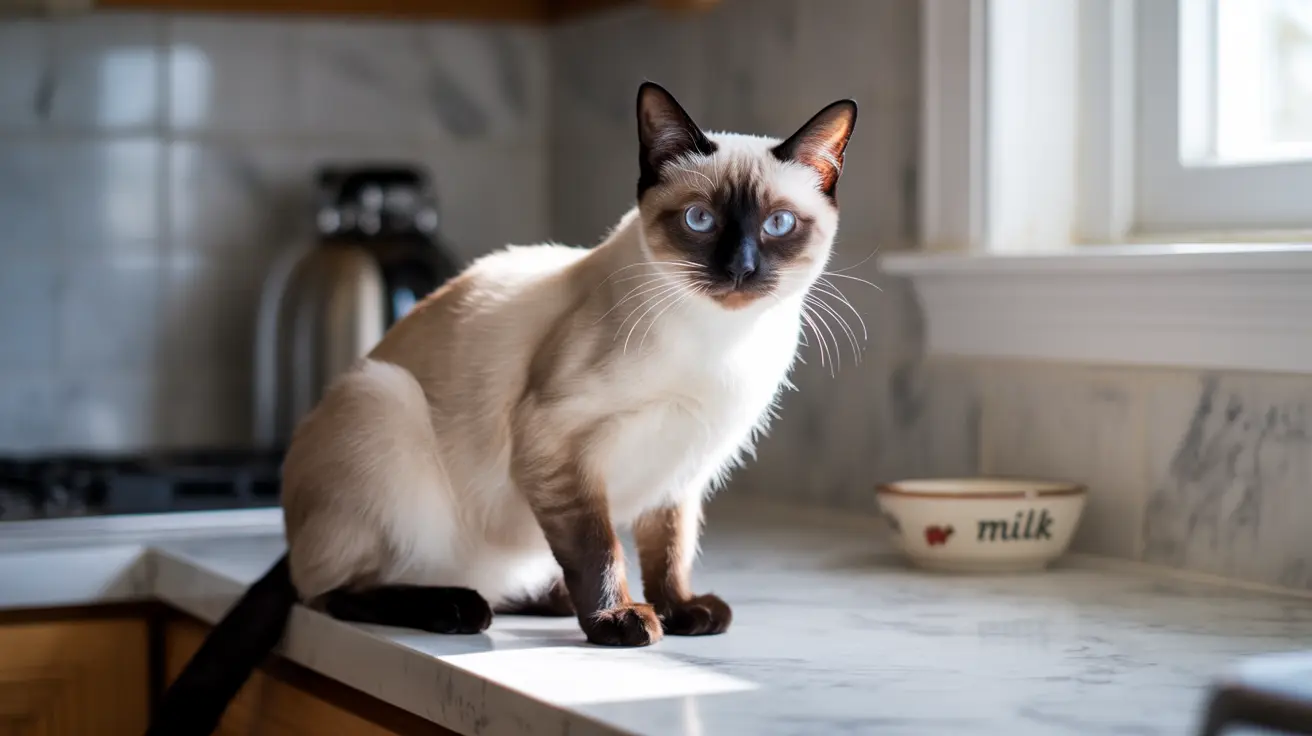As a responsible pet owner, you might find yourself wondering about the safety of various human foods for your feline friend. Mustard is a common condiment found in many kitchens, but is it safe for cats to consume? This guide will provide you with essential information about cats and mustard, helping you protect your furry companion's health.
While cats are curious creatures, not all human foods are suitable for their unique digestive systems. Mustard, in particular, poses several potential risks that every cat owner should be aware of.
Why Mustard is Dangerous for Cats
Digestive System Complications
Cats are obligate carnivores with highly specialized digestive systems designed primarily for meat consumption. Mustard contains several components that can wreak havoc on a cat's sensitive stomach, including:
- Mustard seeds, which can trigger severe gastroenteritis
- High levels of salt and spices
- Potential additional ingredients like vinegar or alcohol
- Strong, irritating compounds that cats cannot properly digest
Potential Health Risks
When a cat consumes mustard, they may experience a range of unpleasant and potentially dangerous symptoms, such as:
- Immediate gastrointestinal upset
- Vomiting
- Diarrhea
- Abdominal pain
- Potential dehydration
Symptoms to Watch After Mustard Consumption
Mild Reactions
In small quantities, mustard might cause temporary discomfort. Mild symptoms can include:
- Brief episodes of vomiting
- Soft or loose stools
- Temporary loss of appetite
- Mild lethargy
Severe Reactions Requiring Veterinary Attention
More serious consumption might lead to more concerning symptoms, including:
- Continuous, persistent vomiting
- Severe diarrhea lasting more than 12 hours
- Signs of abdominal pain
- Significant lethargy or weakness
- Refusal to drink water
Immediate Steps If Your Cat Eats Mustard
Monitoring and Initial Care
If you discover your cat has consumed mustard, follow these crucial steps:
- Remove any remaining mustard immediately
- Monitor your cat closely for the next 12-24 hours
- Ensure fresh water is always available
- Do not force feed or induce vomiting without veterinary guidance
When to Seek Professional Help
Contact your veterinarian promptly if you observe:
- Persistent vomiting
- Continued diarrhea
- Signs of significant distress
- Any indication of severe reaction
Preventing Mustard-Related Incidents
Kitchen Safety Tips
- Keep mustard and similar condiments out of your cat's reach
- Avoid leaving open condiment containers unattended
- Educate family members about potential food risks
- Store human foods in sealed, cat-proof containers
Frequently Asked Questions
Can cats eat mustard safely, or is it toxic for them?
No, cats should not eat mustard. While not extremely toxic, mustard can cause significant digestive issues and provides no nutritional value for cats.
What should I do if my cat accidentally eats mustard?
Monitor your cat closely, provide fresh water, and contact your veterinarian if symptoms persist or worsen.
Why does mustard cause vomiting in cats who consume it?
Mustard contains spices, seeds, and compounds that cats cannot digest, triggering an immediate digestive response like vomiting to expel the irritating substance.
How much mustard is dangerous for a cat to ingest?
Even small amounts can cause digestive upset. There's no "safe" quantity of mustard for cats, so prevention is key.
Are there any safe condiments I can offer my cat instead of mustard?
Cats do not require condiments. Their diet should consist of balanced, veterinarian-approved cat food and occasional cat-specific treats.
Always prioritize your cat's health by consulting with a veterinarian about their specific dietary needs and potential food-related concerns.






